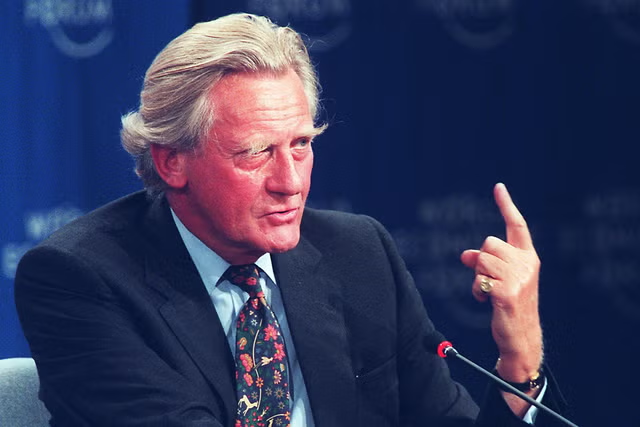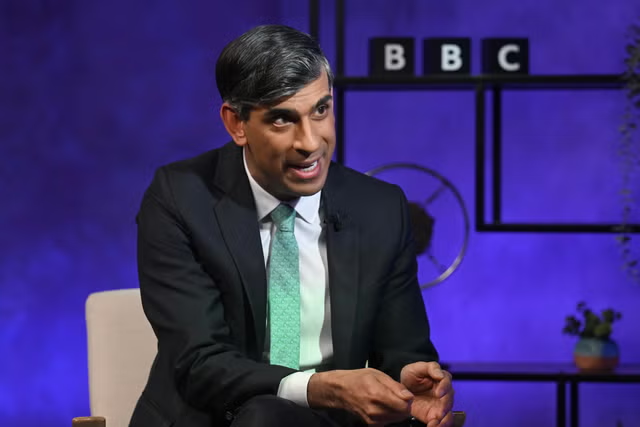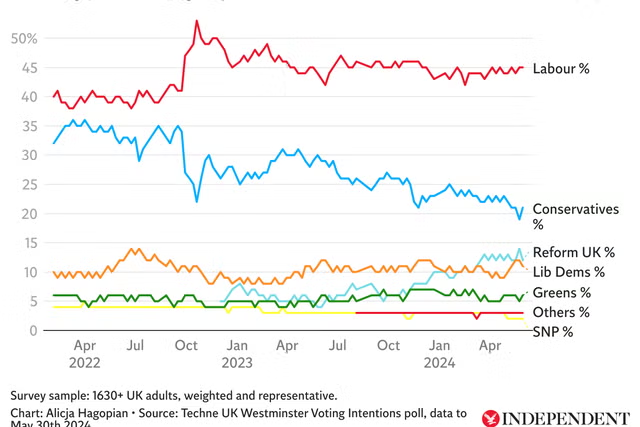MADISON, Wis. (AP) — The Wisconsin Supreme Court on Tuesday suspended former President Donald Trump’s Wisconsin lawyer from a state judicial ethics panel a week after he was charged with a felony for his role in a 2020 fake electors scheme.
Liberal advocates have been calling for Jim Troupis to step down from the Judicial Conduct Advisory Committee, saying he is unsuitable due to his role advising the Republicans who attempted to cast Wisconsin’s electoral votes for Trump after he lost the 2020 election in the state to Democrat Joe Biden.
Troupis, a former judge, Kenneth Chesebro, another Trump attorney, and former Trump aide Mike Roman were all charged by state Attorney General Josh Kaul last week for their role in the fake electors plot.
Troupis did not return a voicemail or text message seeking comment Tuesday.
The Wisconsin Supreme Court, in its order, notified Troupis and the judicial advisory committee that he was “temporarily suspended” from serving on the panel effective immediately. The court did not give a reason for the suspension.
Justice Rebecca Bradley, one of the court’s three minority conservative members, did not participate. Bradley was one of four conservative justices on the court who reappointed Troupis for a second term on the panel in March 2023. Liberals now hold a 4-3 majority on the court.
Troupis has been a member of the judicial committee since 2020 and was reappointed to a second three-year term 15 months ago. The committee is charged with giving formal opinions and informal advice to judges and judicial officers related to the state’s code of judicial conduct. The advice involves whether possible actions would be in compliance with the code.
The committee rarely issues formal written opinions and has not issued one since 2019, according to its website. Informal opinions are offered several times a year, the committee’s chair Winnebago County Circuit Judge Bryan Keberlein, said in December.
Calls for Troupis to be replaced on the judicial commission echo those from Democrats who want one of the fake electors, Bob Spindell, to be removed from the bipartisan state elections commission. The Republican Senate majority leader who appointed Spindell has refused to rescind the appointment.
The 10 Wisconsin fake electors, Troupis and Chesebro all settled a civil lawsuit that was brought against them last year.
Troupis said after the settlement that the “alternate elector ballots” were “a reasonable course of action” given that the 2020 results were appealable to the U.S. Supreme Court. He said the settlement was made to “to avoid endless litigation” and he did not make any admission of wrongdoing.
Documents released as part of those settlements showed that the strategy in Wisconsin replicated moves in six other swing states.
At Troupis’ urging, Chesebro drafted memos in the final months of 2020 detailing how to prepare fake elector certificates and how they should be signed. Troupis was also involved with communicating with the White House about the plan.
After Wisconsin’s fake electors met on Dec. 14, 2020, Troupis contacted U.S. Sen. Ron Johnson’s staff and asked that Johnson deliver the documents from the fake electors in Wisconsin and Michigan to Vice President Mike Pence. A Pence staff member refused to accept them.
Biden won Wisconsin in 2020 by fewer than 21,000 votes. Trump’s campaign tried to overturn the results by arguing, in lawsuits filed by Troupis, that tens of thousands of absentee ballots legally cast should not have counted. The Wisconsin Supreme Court rejected the Trump lawsuit on a 4-3 ruling, upholding Biden’s win.
Bauer is the AP’s Statehouse reporter covering politics and state government in Madison, Wisconsin. He also writes music reviews.Disclaimer: The copyright of this article belongs to the original author. Reposting this article is solely for the purpose of information dissemination and does not constitute any investment advice. If there is any infringement, please contact us immediately. We will make corrections or deletions as necessary. Thank you.



